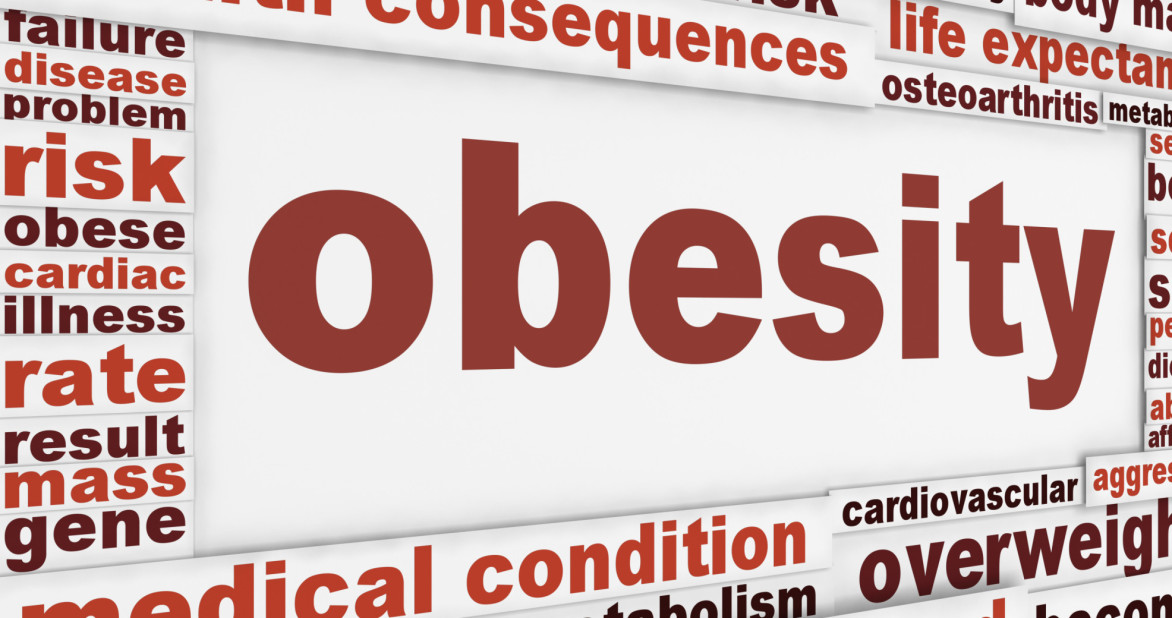Obesity spreading epidemic and stress

Obesity spreading epidemic and stress is a phenomenon in all ages
Obesity spreading epidemic and stress: The developed world statistics
Obesity is a burgeoning problem in the developed world, and certain behaviors, such as increased portion sizes and reduced physical activity, can help explain why the obesity epidemic is spreading. Job strain might also contribute to the prevalence of obesity, and the current study addresses this issue in a cohort of civil servants followed over time. From the AWAREmed health and wellness resource center professional desk, this problem has continued to be one of the largest public health concerns of the developed world. Analysis of data from 2000-2002 National Health and Nutrition Examination Survey (NHANES) has established that the prevalence rates of overweight and obesity among US adults is 31.5% and 30.5%, respectively, while the prevalence of overweight in children was 16.5%. Compared to the previous NHANES survey (1988-1994), the body mass index (BMI) greater than 30 among adults had doubled. (Of note, the prevalence of overweight and obesity were fairly stable between the 1999-2000 and 2001-2002 examination periods.)
While the problem of obesity has been well publicized, clinicians should also understand that societal factors play a prominent role in obesity. In research sponsored by the World Health Organization involving 26 different populations worldwide, surveys of over 30,000 subjects found an inverse trend between BMI and highest educational level attained.
Obesity spreading epidemic and stress: Social trends and weight gain
Women with lower educational attainment were significantly more likely to be obese compared with men with similar educational backgrounds, although lower educational levels in both sexes were associated with higher obesity. Moreover, the negative association between educational attainment and obesity increased over the 10-year study period, indicating that the obesity gap between well-educated and poorly educated individuals was increasing. To reinforce these data, another study limited to developed countries found that increased income disparity was associated with not only higher rates of obesity, but also diabetes mortality as well among subjects at the lower end of the income scale.
Finally, other societal trends can also affect obesity as well. In the United States, more people are choosing to eat at restaurants than at home, and the easiest and least expensive option in dining is often preferred. Such choices can increase the risk of developing obesity. Ecological research from 21 developed countries found that girls who ate fast food at least twice a week were more likely to become obese compared with those who ate fast food less frequently. Unfortunately, the assimilation of other cultures into American society may not help improve the obesity problem. In one study, while regularly eating at fast food restaurants increased the risk of overweight in adults and children in Mexican-American families by a factor of 2.2, the risk of overweight associated with eating at buffet-style restaurants was slightly worse (odds ratio = 2.8). Families who ate food at Mexican restaurants, however, were less likely to be overweight. Looking at all these facts from the various studies, we cannot pretend that everything is alright in relation to weight management. This, therefore, will require the contribution of all of us to bring this problem to an end. On our part as AWAREmed health center, together with doctor Dalal Akoury MD, President and founder of the facility, we are transforming each individual’s life through increasing awareness about health and wellness and by empowering individuals to find their own inner healing power and we urge you to speak to us today and we will address all your concerns professionally.
Obesity spreading epidemic and stress: The developed world statistics
http://www.integrativeaddictionconference.com/wp-admin





